The Middle Market’s Expense Management Conundrum
PYMNTS
JANUARY 22, 2018
Expense management technology is now a saturated market, particularly for the small business space – which is notoriously difficult to serve, because they are too small for large, enterprise-grade solutions, but too large for consumer-specialized tools. “Some observers will define the market as $10 million in the top line to $1 billion.


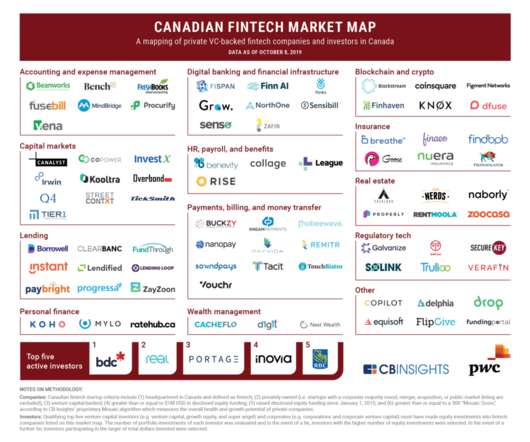


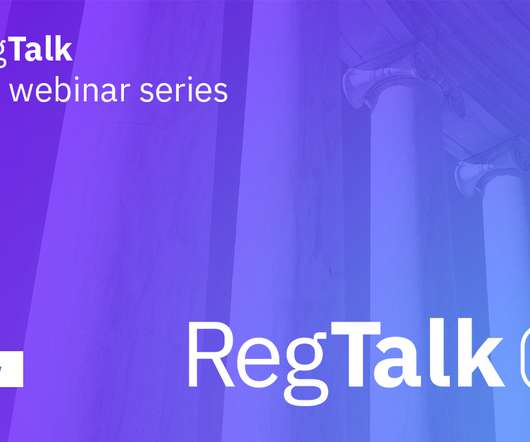
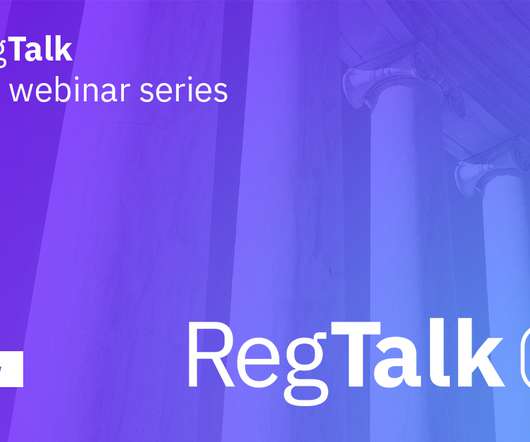
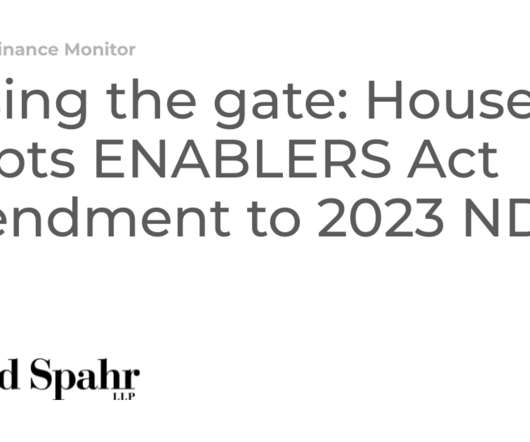







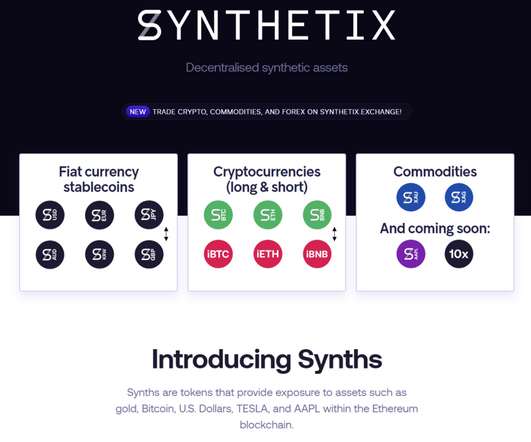














Let's personalize your content